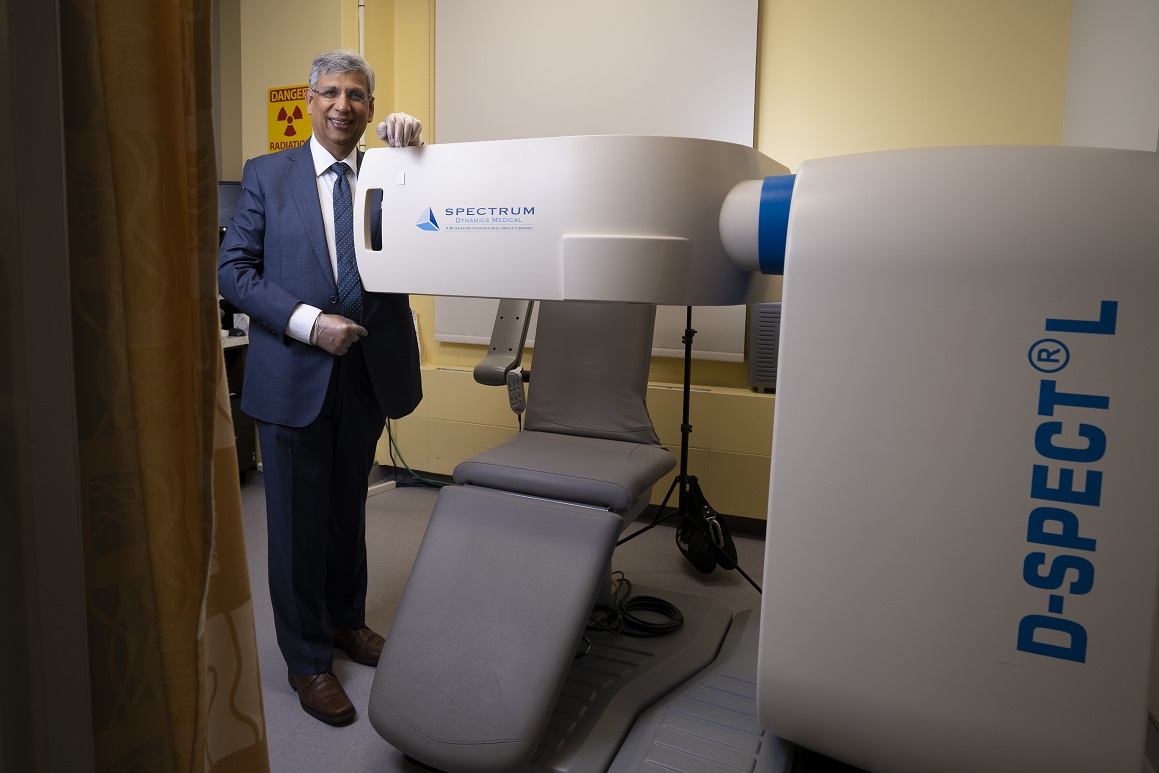
Cosán Group | Creating New Pathways | David Hunt & Dan Hirschfeld
Prior to the pandemic, providers were already addressing a rapidly changing healthcare delivery model. This model, unlike its traditional counterparts, began the transition towards outcome-driven reimbursement and value-based care for a complex, fragmented patient population—especially those with chronic conditions. The pandemic pushed the fast forward button on these changes as connectivity to the patient became paramount to providing the level of care patients and their families need. Virtual care coordination and tele-health became vehicles for the delivery of care…,



























